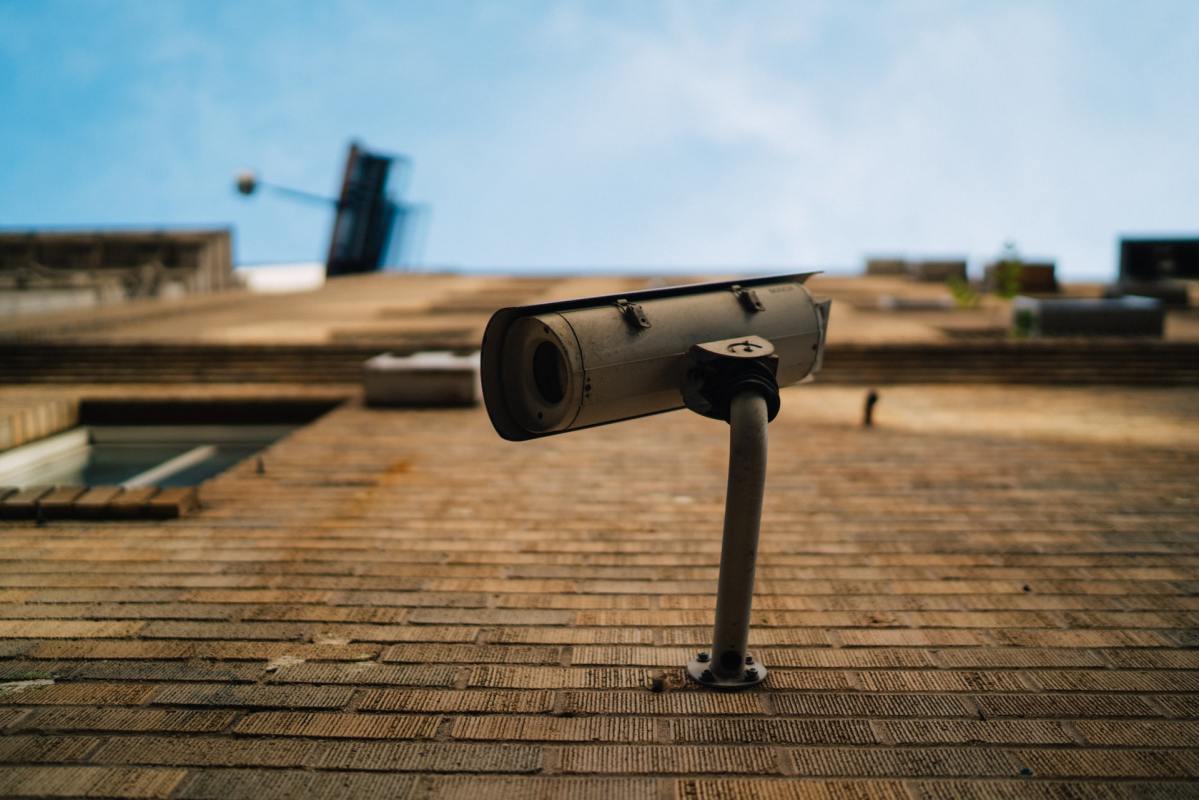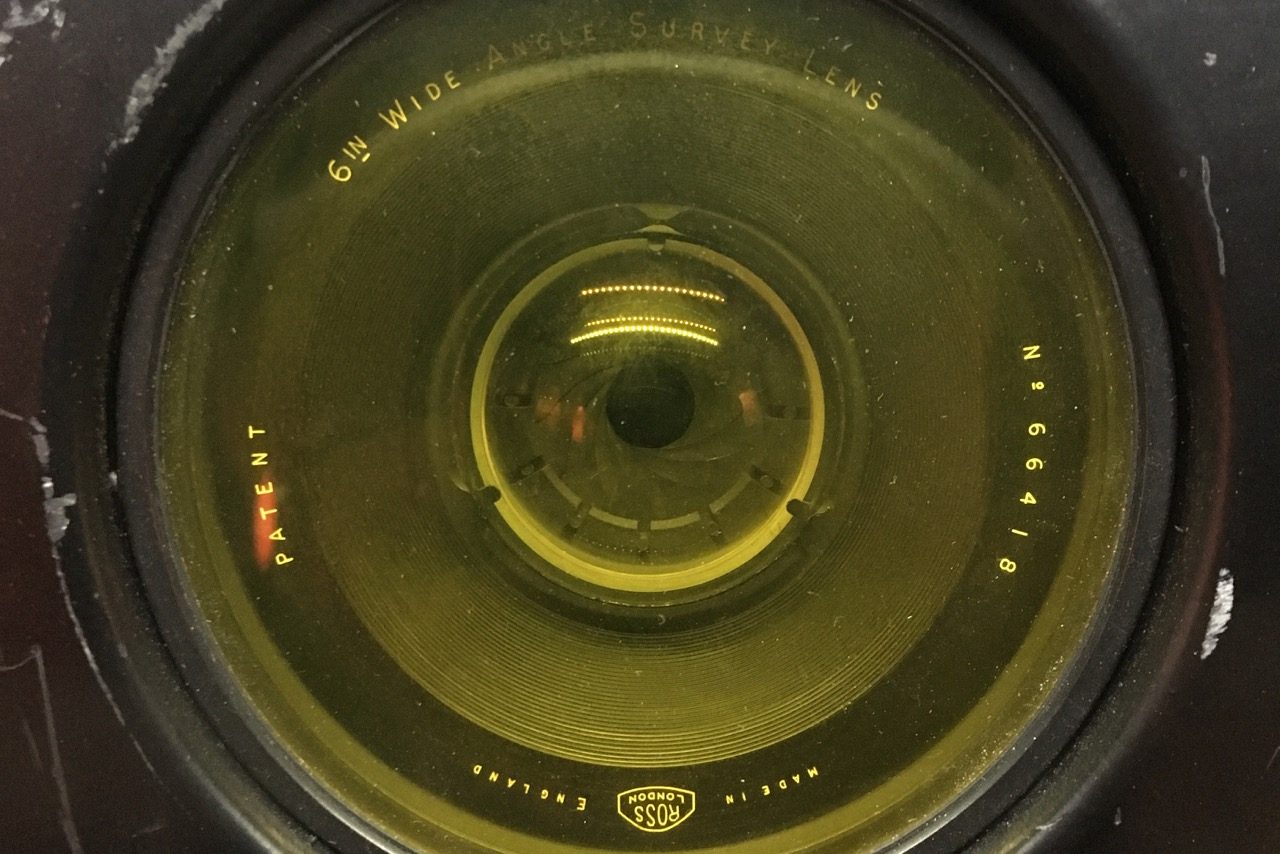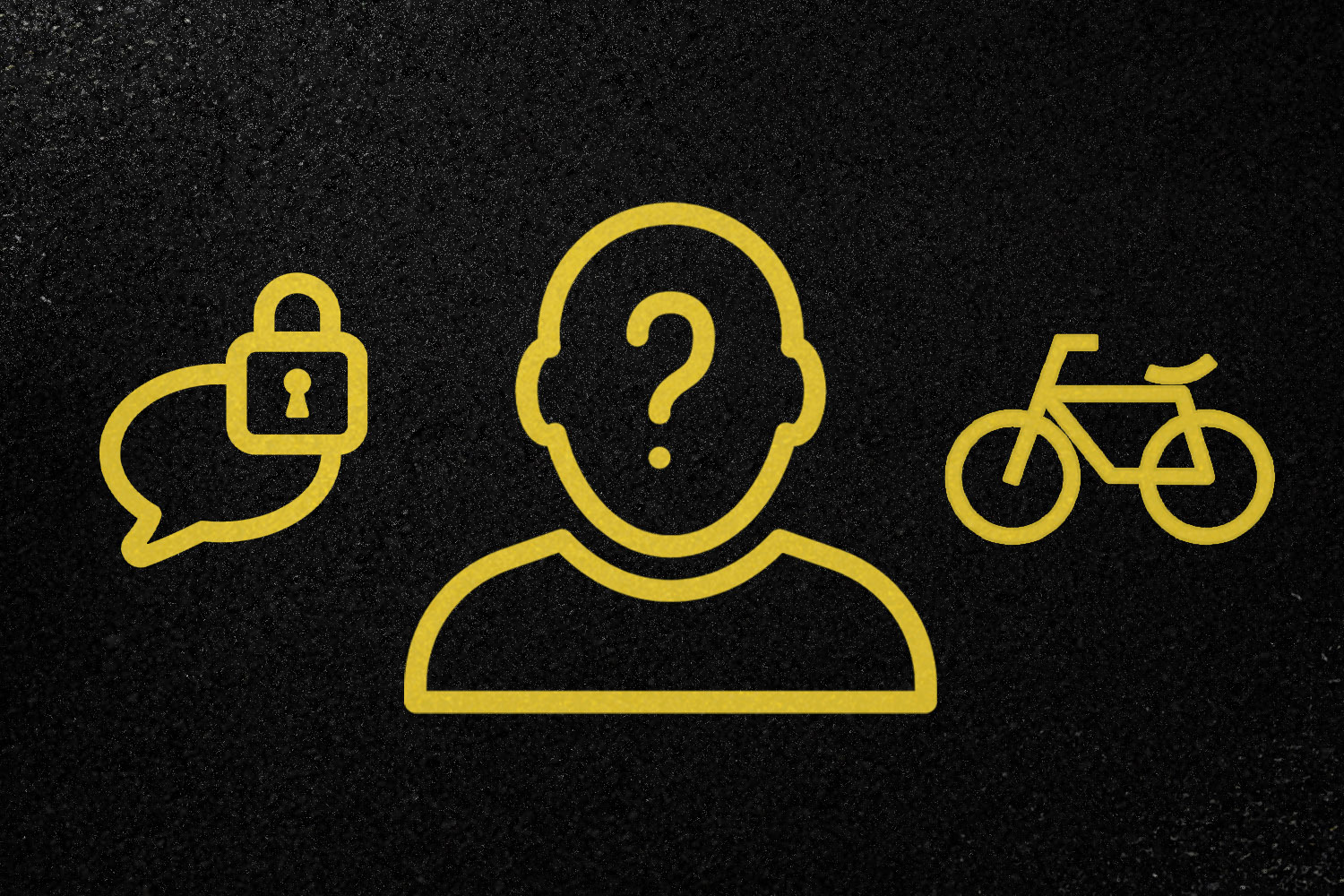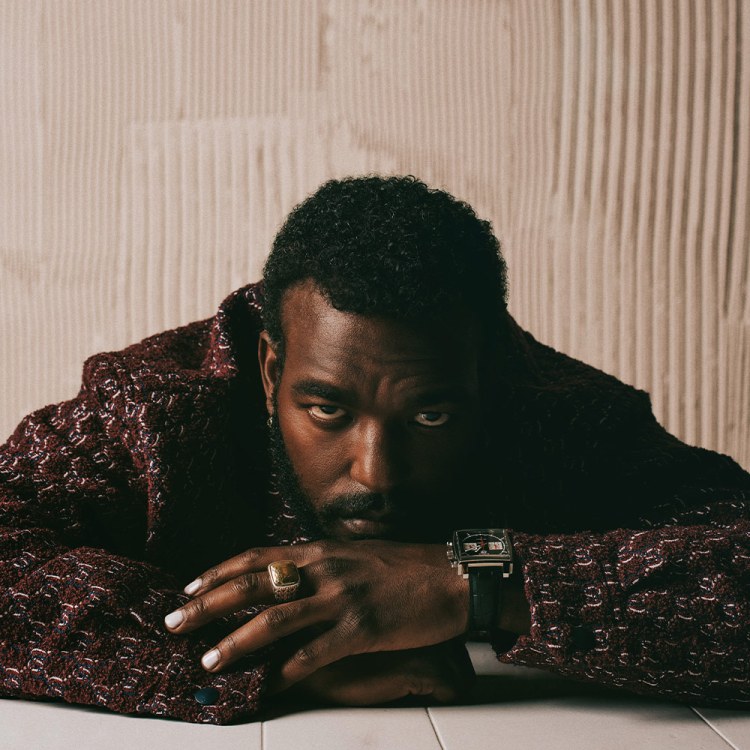In the fall of 2020, a Bloomberg Businessweek headline accurately summed up a growing concern around various pandemic responses. The headline? “For Covid-19 Apps, a Tug of War Between Privacy and Efficiency.” Maintaining privacy is an important thing, but so is keeping a pandemic from spreading. Trying to find the right balance between the two is no easy task, if it’s even possible.
A new article by Dave Gershgorn at OneZero explores the different ways surveillance technology has been used to address the pandemic — and why, in some cases, that has privacy advocates alarmed.
“Governments are still mandating the installation of invasive apps, as well as tracking movement by partnering with location-tracking companies and using CCTV cameras and drones,” writes Gershgorn.
In some cases, national governments are making use of location tracking apps. This includes India’s Aarogya Setu, which is currently at the center of two lawsuits arguing that it is, for all intents and purposes, mandatory.
Other countries, including Israel and Ghana, have aggregated location data from phones without using an app. And still other governments, such as that of France, have been criticized for using drones to monitor masking and requirements that people stay at home.
What may be most alarming is the possibility that some of these surveillance measures will endure long after the pandemic has ceased to be a threat. The programs cited in the article cover a lot of territory, and offer few easy answers.
Subscribe here for our free daily newsletter.
Thanks for reading InsideHook. Sign up for our daily newsletter and be in the know.

















